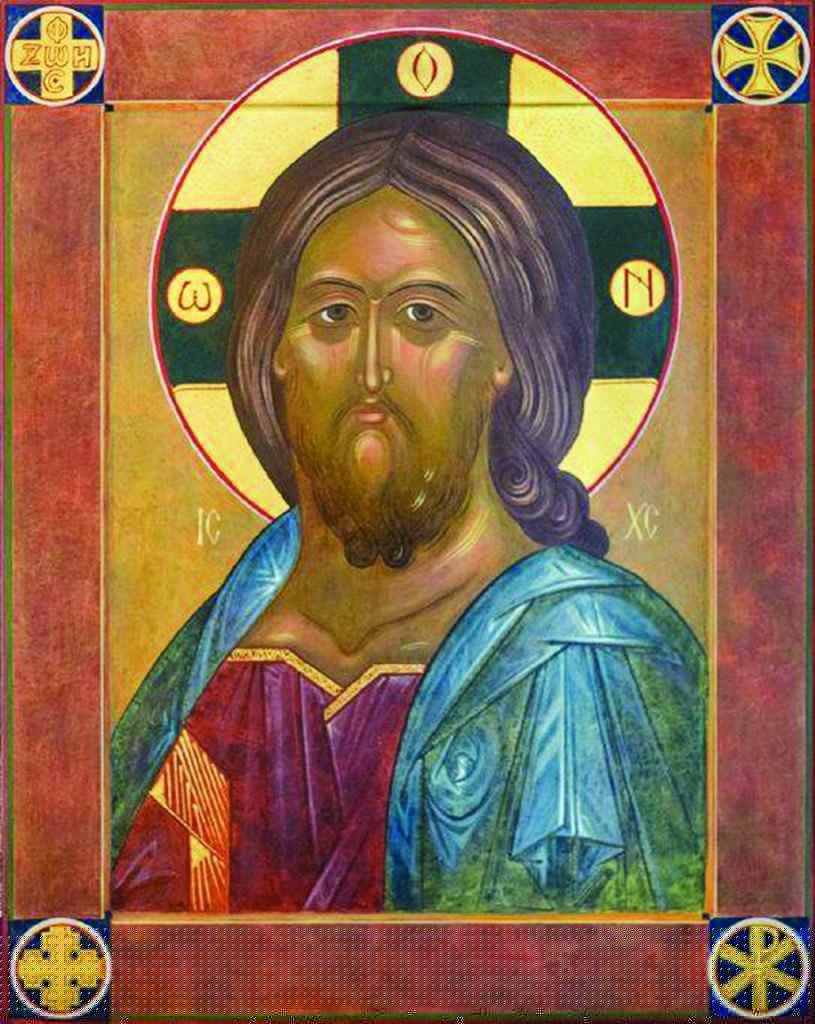If you’ve ever wished to take a Russian literature course at Eastern, or perhaps even Greek literature, your chance is coming soon, thanks to the newly established Center for Orthodox Thought and Culture. Spearheaded by Dr. Gary Jenkins and a wide support base of Orthodox clergy and academics, the Center will “serve as an intellectual and spiritual home for Orthodox students and scholars.”
For those to whom it may be unfamiliar, the Orthodox faith is a rich, long-standing Christian tradition that traces it roots back to the apostles, beginning with bishops in Antioch, Corinth, and Alexandria. “We think of ourselves as those people who worship as they did; we are centered around the Eucharist and around the bishop,” says Dr. Jenkins. “The Orthodox Church is first and foremost a church at worship, which therefore means a church at prayer…ultimately it is a church that seeks to have its life centered on union with God, union with Christ…We participate by life in him. Where is that life? To us, it’s in the Church, his body.”
The Center was born out of a three-year process initiated by a group of Orthodox academics, which was aimed at the development of an Orthodox college. As the process moved forward, various ideas floated around regarding where the college would be located and what it would look like. Those
ideas solidified into the Center for Orthodox Thought and Culture which now exists as part of the Agora Institute. Through the College of Arts and Sciences, the Center will offer a minor in Orthodox thought, which it hopes to base around a Great Books curriculum. Classes are set to begin next semester, starting with Russian History, Byzantine History, and the Theology and Piety of the Desert Fathers. Orthodox professors will teach all of the classes, which will be open to any Eastern student. Outside of classes there will be several on-campus lectures, one of which will be on the Shroud of Turin.
Dr. Jenkins plans to design a fellowship which would offer students stipends along with duties and responsibilities within the organization. Additionally, the Center hopes to host Vespers and other weekly prayer services on campus on a weekly basis. All services will be open to the public. Finally, the Center hopes to provide study abroad opportunities for Eastern students while simultaneously hosting international Orthodox students on Eastern’s campus.
Support for the Center for Orthodox Thought and Culture stems from sources in the Eastern community and beyond. Local bishops and clergy, Eastern Catholics, Villanova students and professors, and local Greeks, Russians, Syrians, and Eastern Europeans are only some of the many who have offer their help and support.
Eastern administration, including Dr. Duffett, have been strongly in favor of the establishment of the Center since the idea was proposed a year and a half ago. Communal support shows no signs of slowing; in fact, at least one future fund-raising dinner is already in the works.
As soon as next year, Eastern’s student body could may increase by as many as 20 students who will choose Eastern primarily because of the Center. In the years to come that number could rise to 30, 40, or even 50 new students per year. Nick Sooy, an Orthodox Christian and student at Messiah College, notes that there is excitement within Orthodox circles at the prospect of this new organization. Speaking of his own college search process a few years ago, Sooy says, “Had the Institute existed, I would have applied to Eastern, and there is a good chance I would have attended.”
The Center is certainly unique; there is currently no program or organization like it in the nation. For many Orthodox believers, this will be an important way to invest in younger members of the Orthodox church. In light of the fact that about sixty percent of young people do not return to the church after attending college, many Orthodox see the Center as an important way to equip youth within a spiritually and academically sound community.
It will not be long before we all start to see this new endeavor taking root. As the Center becomes more firmly established within our community, it promises to bring a new vibrancy to academic and spiritual life. Orthodox or not, it’s safe to say that there is much to look forward to for all of us.
Sources: Eastern.edu

